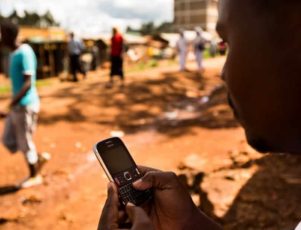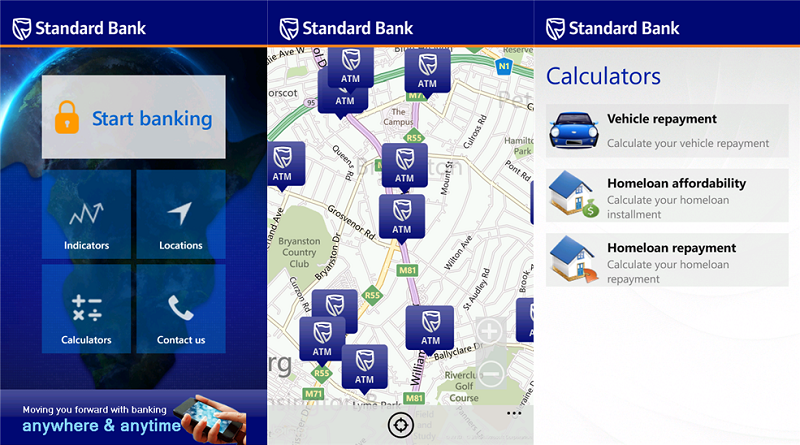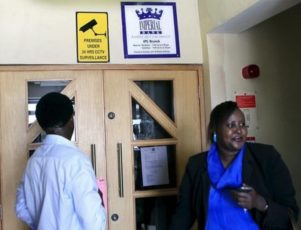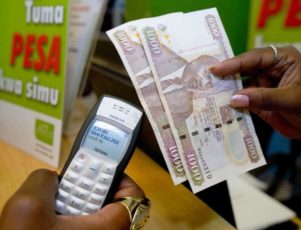NAIROBI (Reuters) – Kenya’s Treasury opposes a move by parliament to cap commercial lending rates because other measures being put in place will help bring down borrowing costs over time, the finance minister said on Tuesday.
Parliament passed changes to the banking law two weeks ago to cap commercial interest rates at 400 basis points above the central bank’s policy rate, now 10.5 percent. The changes are awaiting presidential approval.
Henry Rotich, the finance minister, told Reuters his ministry preferred to improve the transmission of monetary policy signals to commercial rates and the creation of a central registry for collateral to cut rates, rather than capping them.
“Our approach in this issue is to deal with the root cause of why interest rates are where they are in Kenya,” he said.
The average lending rate was 18.2 percent last month, compared with 15.8 percent in July last year, the central bank said. The central bank cut its policy rate to 10.5 percent in May, having left it at 11.5 percent since July 2015.
Rotich said they were working to improve the Kenya Banks Reference Rate (KBRR) to ensure banks were pricing loans correctly.
Introduced by the government in 2014 to help rein in high costs of loans by offering a benchmark for banks to price their loans, the KBRR has been criticised widely for failing to help bring down interest rates.
“There is more room for refining the KBRR and banks are working on ensuring that the margins reflect the best pricing of loans,” the minister said without offering details.
He said a law to establish a central registry of collateral would be taken to parliament soon, enabling borrowers to transfer their loans between different banks easily and cutting costs of securing collateral once it is passed.
“We think these measures are going to help to bring down rates over a period of time,” Rotich said.
Kenyan banks have reported rising profits in the last decade, attracting foreign investors. Rotich said the growth of the sector had helped to boost the share of the population with access to formal financial services to 70 percent.
“We don’t want to rock that boat … Anything that reverses that would not be a good way to go,” he said.
The central bank also opposes capping interest rates saying it could restrict lending. It however wants banks to lower their rates.
Rotich said the government’s budget deficit for the fiscal year starting last month would be lower than the 9.3 percent approved by parliament, adding they would also raise money in capital markets abroad to avoid putting pressure on local rates by borrowing too much in the domestic market.
“Our strategy is to diversify our sources of funding so that we don’t borrow heavily domestically,” the minister said.
(By Duncan Miriri, Editing by Richard Balmforth)











